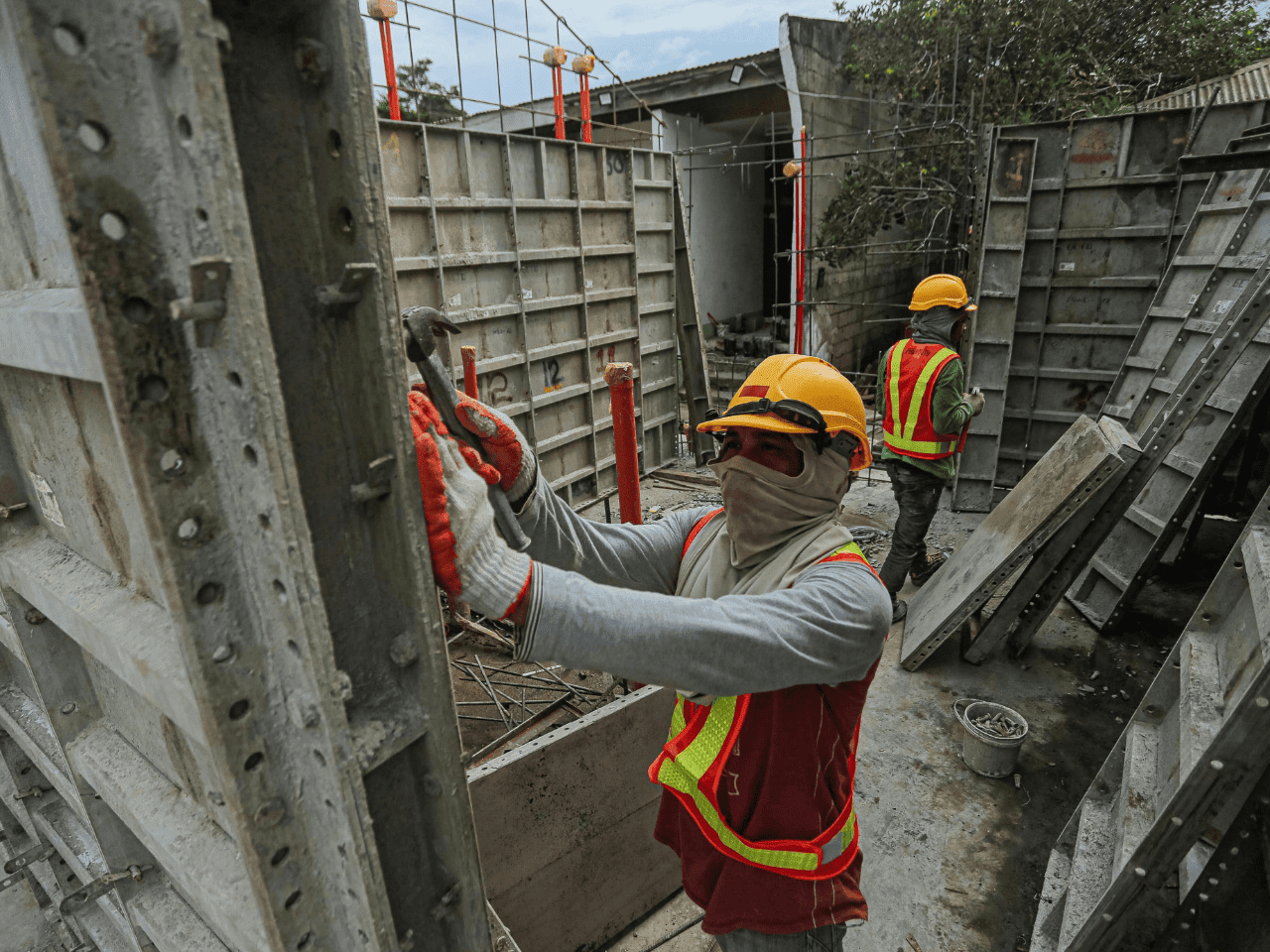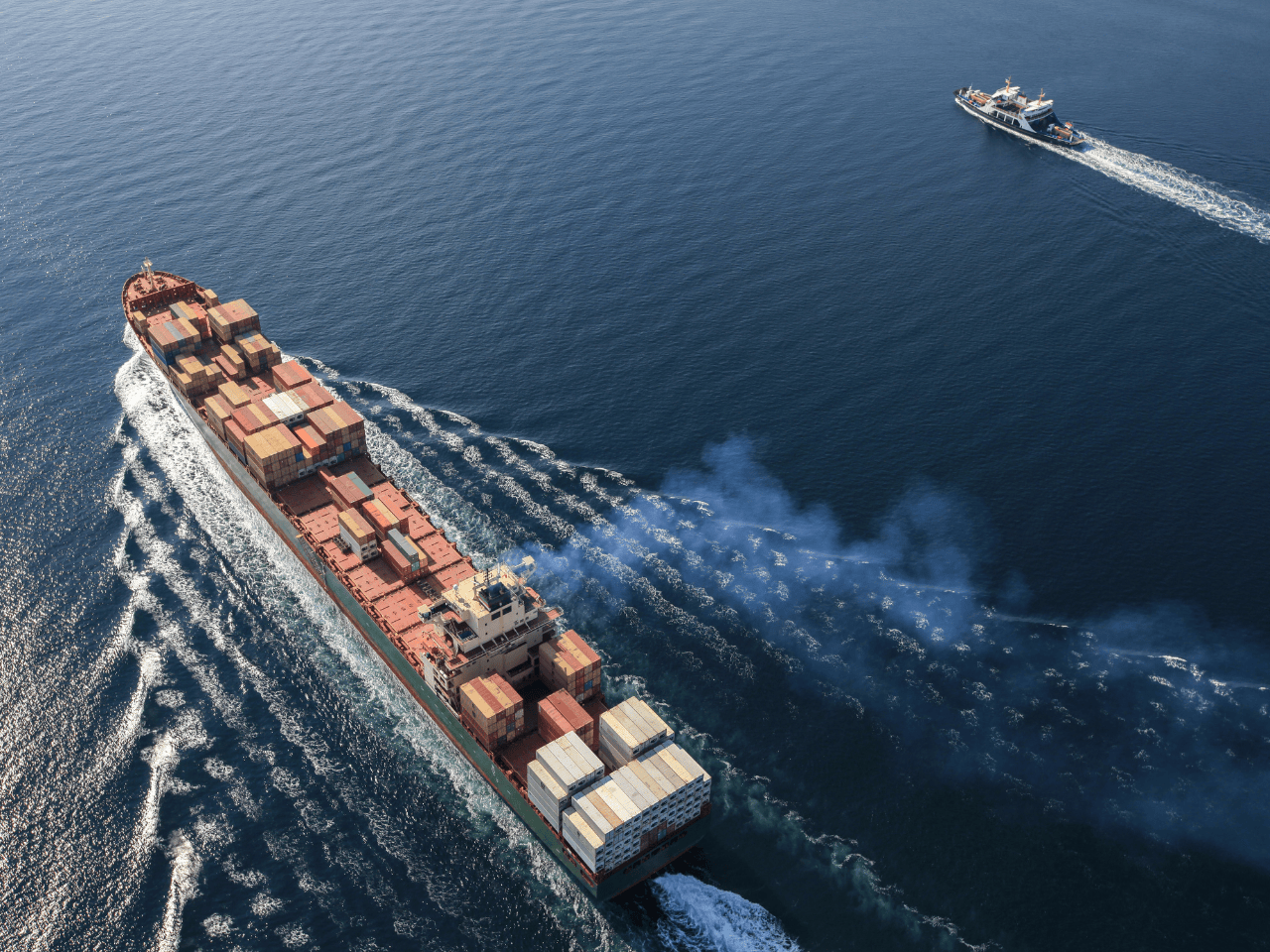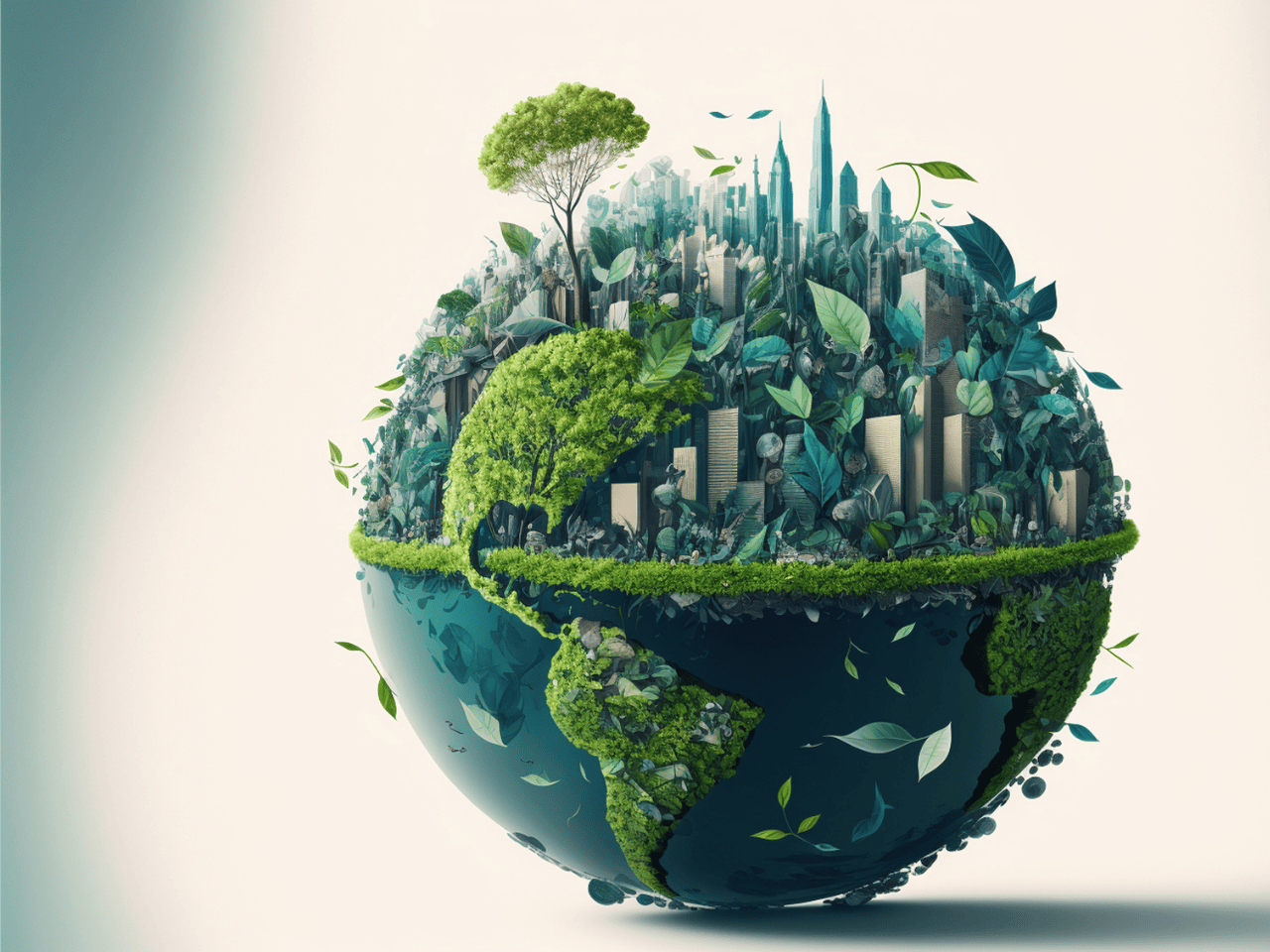The Importance of Critical Minerals in Renewable Energy
As the renewable energy industry grows to meet global climate targets, the demand for critical minerals like lithium, cobalt, and rare earth elements has skyrocketed. These minerals are vital for the production of solar panels, wind turbines, and energy storage technologies, forming the backbone of the green energy revolution.
Key Minerals for Solar and Wind Energy Technologies
Solar Power
Photovoltaic (PV) solar panels primarily depend on silicon, but critical minerals like silver, indium, and copper are also essential. Copper, for instance, is a crucial component in solar panels’ wiring and electrical connections. Estimates suggest that renewable energy will driver 45% of copper demand by 2030.
Wind Energy
Wind turbines require rare earth elements such as neodymium and dysprosium for permanent magnets used in the turbines’ generators. The average offshore wind turbine requires 600 kg of rare earth materials, mostly mined in China.


Challenges in Sourcing Critical Minerals
The growing demand for renewable energy is driving an increased need for critical minerals such as lithium, cobalt, and rare earth elements like neodymium and dysprosium. However, sourcing these materials presents significant challenges.
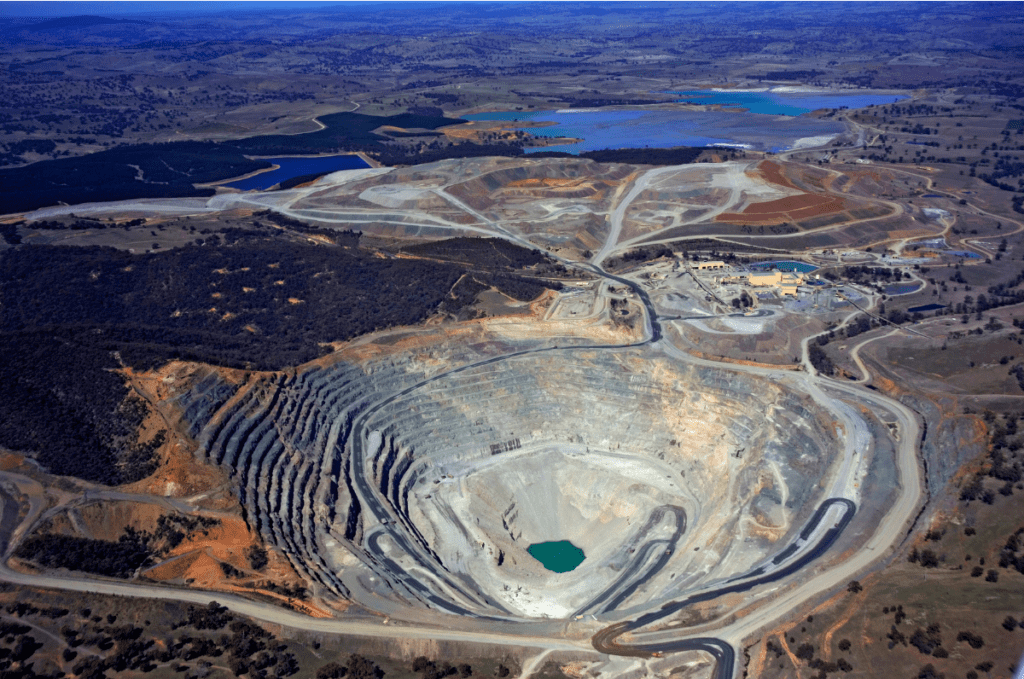
Geopolitical Dependencies and Supply Chain Risks
One of the most pressing issues in sourcing critical minerals is the heavy reliance on a few geographic regions. China controls over 80% of the world’s rare earth processing capacity, particularly for neodymium and dysprosium. These are essential for wind turbine magnets and other technologies. This concentration poses serious risks to supply chains, especially amid rising geopolitical tensions and trade restrictions.
For instance, the U.S. and the EU have become increasingly concerned about their reliance on Chinese imports for critical minerals. This concern has prompted some countries to pursue alternative sources and consider building more localized supply chains. However, establishing new mines and refining facilities takes time, which exacerbates the short-term supply risks.
Environmental and Ethical Concerns
Mining critical minerals, especially in China and the Democratic Republic of Congo (DRC), often leads to environmental damage and unethical labour practices. Amnesty International reports that in the DRC, cobalt mining—a essential component of lithium-ion batteries—has been linked to child labour, hazardous working conditions, and environmental damage.
The environmental impact of rare earth mining is another critical issue. For example, the extraction of neodymium and dysprosium produces large amounts of waste, including toxic and radioactive materials. This has led to severe environmental consequences in mining regions like Baotou, China, where toxic lakes have formed because of inadequate waste disposal.
Resource Scarcity and Competition
The finite nature of critical minerals also poses a significant challenge. As the demand for renewable energy infrastructure grows, so too does the competition for minerals like lithium and cobalt. According to the World Bank, demand for lithium could increase by 500% by 2050, driven by the widespread adoption of energy storage systems and electric vehicles.
The rising demand is straining the supply of critical minerals. This is because industries like electric vehicles (EVs) increasingly compete for the same resources.
Governments and companies are looking for alternative sources and substitutes for materials, but the scarcity of minerals like lithium, cobalt, and rare earth elements still creates major supply chain bottlenecks.
Solutions to Overcome the Challenges
As the renewable energy sector grapples with the sourcing challenges of critical minerals, companies and governments are exploring various strategies to ensure a resilient and sustainable supply chain.

Diversifying Supply Chains
One of the most effective ways to mitigate risks related to geopolitical dependencies is to diversify supply chains. For example, companies like Siemens Gamesa and GE Renewable Energy have begun sourcing rare earth materials from alternative regions such as Australia, reducing reliance on China, which dominates global rare earth production.
Additionally, projects like the Round Top Project in Texas aim to bolster domestic rare earth production.
Diversifying supply chains involves more than just identifying new sources. It requires thorough supplier vetting to ensure new suppliers meet compliance, sustainability, and ethical standards.
Achilles offers supplier pre-qualification tools that help businesses evaluate new suppliers across global markets. This process ensures that alternative suppliers reduce geopolitical risks and align with the company’s environmental, social, and governance (ESG) goals. Achilles’ data-driven platform enables companies to track supplier credentials, ensuring they meet critical sustainability standards from the outset.
Recycling and Urban Mining
Recycling critical minerals, or urban mining, offers another sustainable solution to the growing scarcity of raw materials. Companies like Redwood Materials have pioneered efforts to recycle lithium-ion batteries, recovering materials such as lithium and cobalt. Similarly, Europe’s Circular Economy Action Plan aims to increase recycling rates for critical minerals, easing the pressure on primary extraction
The challenge, however, lies in identifying recycling partners that adhere to sustainability practices and regulatory requirements. Achilles’ supply chain due diligence allow businesses to vet and monitor suppliers involved in recycling processes.
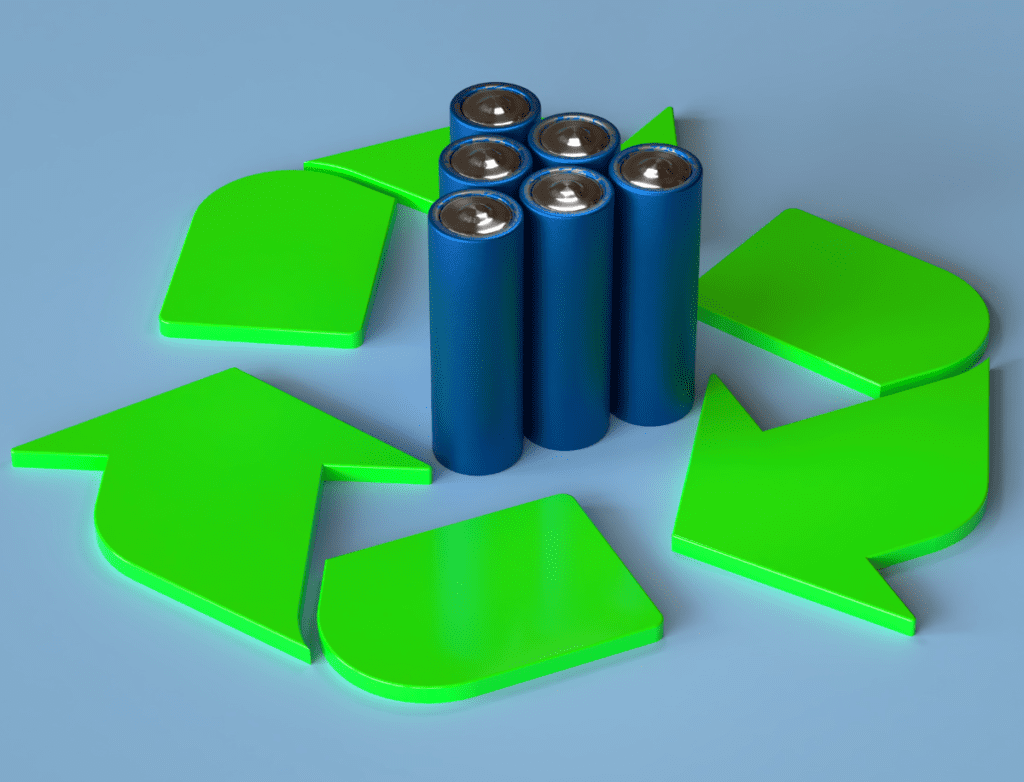
By tracking ESG compliance and other sustainability metrics, companies can ensure their recycling partners minimise environmental impact and operate within legal frameworks.
Ethical and Sustainable Sourcing Initiatives
Ethical sourcing is a key challenge in regions where cobalt mining has been associated with child labour and unsafe conditions. Leading companies such as Tesla have made steps by sourcing cobalt from countries like Australia and Canada. These are regions with stricter labour and environmental regulations
Achilles’ risk assessment empower companies to make informed decisions about where and how they source materials. By leveraging Achilles’ platform, businesses can monitor ESG risks across their entire supply chain and ensure compliance with international ethical sourcing standards, such as the Extractive Industries Transparency Initiative (EITI) and the Responsible Cobalt Initiative (RCI).
This allows companies to mitigate reputational risks while contributing to more responsible mining practices.
Innovation and Substitutes for Critical Minerals
To reduce dependency on scarce minerals, companies are innovating and exploring substitutes. For instance, Tesla is moving toward lithium iron phosphate (LFP) batteries, which eliminate the need for cobalt.
Similarly, research into perovskite solar cells could help decrease reliance on traditional materials like silicon and rare earth elements.
These innovations require constant monitoring and adaptation within supply chains. Achilles helps companies stay ahead of market trends by providing access to a vast supplier network and up-to-date supplier data. This allows businesses to managing the risks associated with new materials and processes. Companies can quickly onboard pre-qualified suppliers for innovative materials and ensure they meet the necessary compliance standards.
Collaborative Global Policies
Global cooperation is also vital for securing the future supply of critical minerals. Countries like Japan and South Korea have begun stockpiling critical minerals. This is to reduce their reliance on imports.
The EU’s Critical Raw Materials Action Plan also emphasises the importance of strengthening domestic mining capacities while fostering international partnerships to ensure stable supply.
Conclusion
Through effective diversification, recycling, ethical sourcing, innovation, and global cooperation, renewable energy companies can navigate the challenges of sourcing critical minerals. Achilles looks to play an integral role in this process. By offering a comprehensive suite of supply chain management solutions we ensure businesses can remain resilient, compliant, and sustainable in the face of these challenges.



